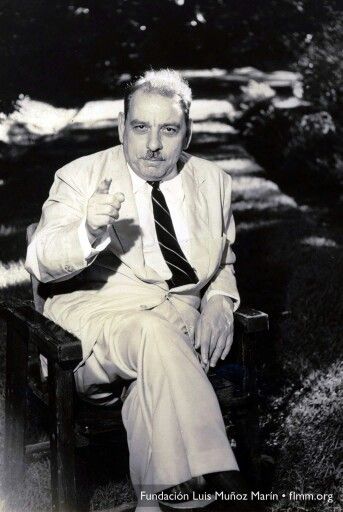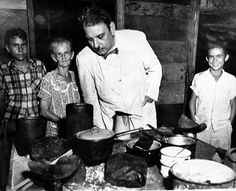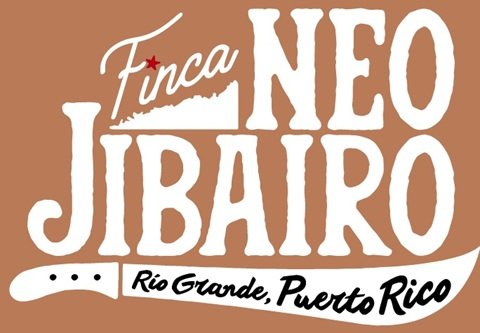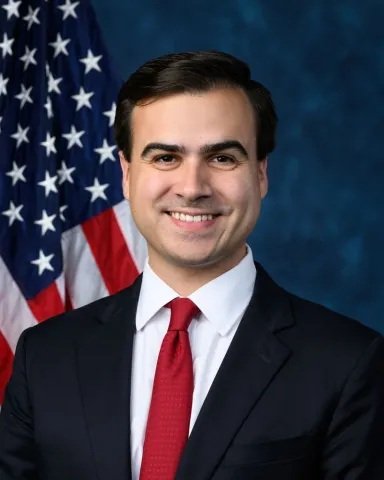
Luis Muñoz Marín (1898 – 1980) was a Puerto Rican journalist, politician, and prominent figure in creating ties between the United States and Puerto Rico. He was the founder of the Popular Democratic Party, president of the Puerto Rican Senate, and the first democratically elected governor of Puerto Rico. During his regime, Puerto Rico saw political and economic reform, mass migration, and suppression of independence ideals.
José Luis Alberto Muñoz Marín was born February 18, 1898 in San Juan, Puerto Rico. A few months after his birth, Puerto Rico was taken by the United States because of the Spanish-American War on October 18, 1898. He was the son of Luis Muñoz Rivera and Amalia Marín Castilla. His father was a Puerto Rican poet, journalist, and Resident Commissioner of Puerto Rico. Muñoz Rivera was involved in the creation of the Jones Act while also fighting for autonomy for Puerto Rico.
 Due to his father’s political involvement, Muñoz Marín’s childhood was dived between the United States and the island. His education was in English due to his upbringing and the colonial stipulation in Puerto Rico. He was enrolled briefly at Georgetown University Law Center by his father, but Muñoz Marín aspired to be a poet. After his father died in 1916, he became the secretary of Félix Córdova Dávila, the Resident Commissioner of Puerto Rico at the time. However, he left the position to pursue journalism in New York, where he lived a Bohemian lifestyle.
Due to his father’s political involvement, Muñoz Marín’s childhood was dived between the United States and the island. His education was in English due to his upbringing and the colonial stipulation in Puerto Rico. He was enrolled briefly at Georgetown University Law Center by his father, but Muñoz Marín aspired to be a poet. After his father died in 1916, he became the secretary of Félix Córdova Dávila, the Resident Commissioner of Puerto Rico at the time. However, he left the position to pursue journalism in New York, where he lived a Bohemian lifestyle.
In 1926, Muñoz Marín returned to Puerto Rico to edit La Democracia, the newspaper his father had founded in 1890. The following years were filled with unrest as Muñoz Marín traveled back and forth between the countries that saw him grow up.
The 1930s is the decade that Muñoz Marín cemented his decision to continue his father’s footsteps and start his political career. He joined the Liberal Party of Puerto Rico, a pro-independence political party, and was elected to the Puerto Rican Senate in 1932. His political ideology began as one campaigning for independence from the United States, which brought friction within the party and culminated in his expulsion. In 1938, he founded his party, the Popular Democratic Party. The following decade would see Muñoz Marín presiding the Senate until 1948, a crucial time that changed his pro-independence stance to one of American cooperation.
As a senator, Muñoz Marín established one of his most recognized legacies for economic reform in Puerto Rico. Operation Bootstrap (Operación Manos a la Obra) reformed agriculture in Puerto Rico and advanced industrialization. It promoted the creation of manufacturing plants on the island through tax exemption and cheap labor. Even though it increased the living standards on the island, the rapid industrialization saw a mass migration to the United States because of the volatile climate in the job industry. It also brought coerced sterilization programs by the United States to combat the perceived overpopulation problem in Puerto Rico. La Operación or The Operation was a set of policies by the United States that imposed sterilization practices in Puerto Rican women during the 1950s and 1960s to reduce the birthrate.
During this time, the Ley de la Mordaza was also established. Presided by Muñoz Marín and signed by the then US-appointed governor Jesús T. Piñero, Law 53 or the Gag Law, was passed in 1948. It prohibited owning or displaying a Puerto Rican flag (even in the home), it was a crime to speak against the U.S. government or to speak in favor of Puerto Rican independence. The purpose was to suppress the rising independence movement in Puerto Rico at the time. Nationalist, Pedro Albizu Campos was one of many to fight against this law. The Gag Law would be repealed in 1957 for being unconstitutional and going against freedom of speech.
 In 1948, the United States Congress granted Puerto Rico the right to elect its governor, making Luis Muñoz Marín the first democratically elected governor of Puerto Rico. During Muñoz Marín’s political regime, Puerto Rico passed from being a U.S. territory to a commonwealth. On June 8, 1950, the United States authorized Puerto Rico to draft its constitution in 1951, thus creating the Commonwealth of Puerto Rico. On July 25, 1952, the Estado Libre Asociado was established, and the government under Muñoz Marín’s regime began promoting cultural events to combat the possible Americanization of the island.
In 1948, the United States Congress granted Puerto Rico the right to elect its governor, making Luis Muñoz Marín the first democratically elected governor of Puerto Rico. During Muñoz Marín’s political regime, Puerto Rico passed from being a U.S. territory to a commonwealth. On June 8, 1950, the United States authorized Puerto Rico to draft its constitution in 1951, thus creating the Commonwealth of Puerto Rico. On July 25, 1952, the Estado Libre Asociado was established, and the government under Muñoz Marín’s regime began promoting cultural events to combat the possible Americanization of the island.
After being elected consecutively for four terms, from 1949 to 1965, Muñoz Marín returned to the Puerto Rican Senate until 1970, when he finally retired. Muñoz Marín passed away in Santurce, Puerto Rico, on April 30, 1980.
Related Articles
 Researched and Written by: Arantxa Quiñones is a translator and nonfiction writer based in San Juan, Puerto Rico. For more of her work or to Contact her, please check out her Upwork Profile.
Researched and Written by: Arantxa Quiñones is a translator and nonfiction writer based in San Juan, Puerto Rico. For more of her work or to Contact her, please check out her Upwork Profile.



